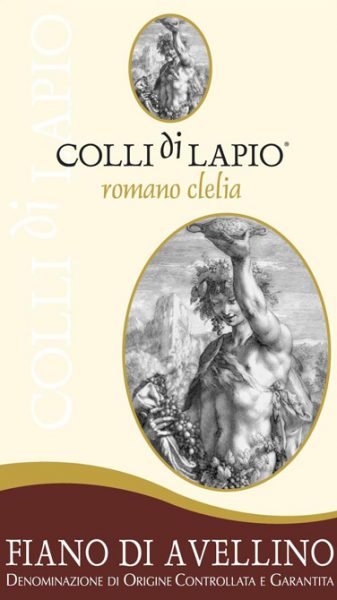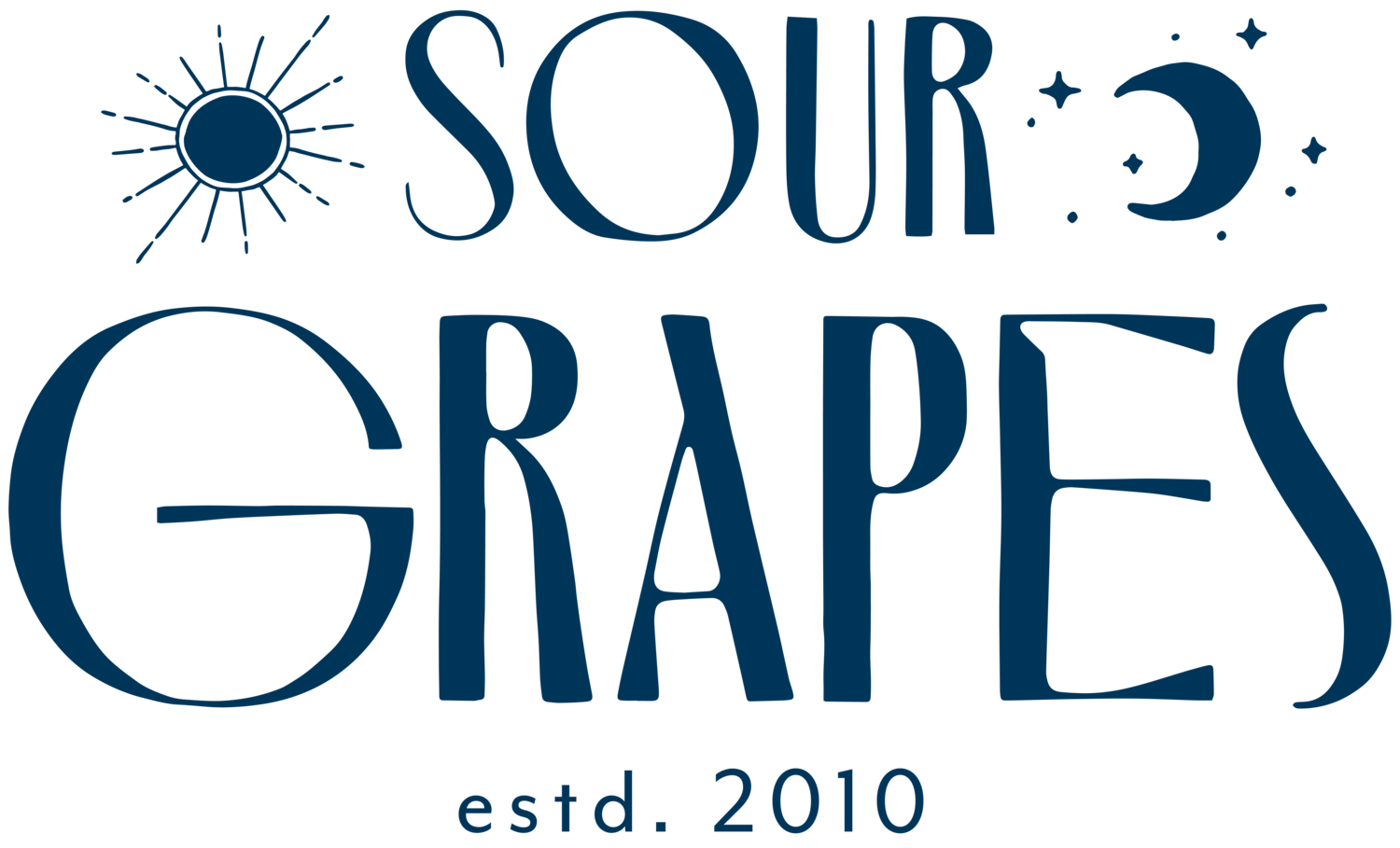Colli di Lapio
The windblown slopes of Campania’s mountains host some of the most spectacular vineyards in Italy, planted to varieties that have been cultivated since the time of the ancient Greeks.
Clelia Romano took over her family’s vineyards in 1994, and established the Colli di Lapio winery. A pioneer of the Campanian winemaking scene, Romano was part of an early wave of growers-turned-winemakers looking to create something of their own. Her efforts have since been met with much acclaim, and has earned Clelia the moniker La Signora del Fiano among the Italian wine press. In 2009, the influential Italian food and wine magazine Gambero Rosso named Clelia Romano’s Fiano the Best White Wine in Italy – an opinion shared many of today’s foremost wine writers.
Clelia’s estate is loacted in the village of Lapio, northeast of Avellino. The small town is the largest production center of Fiano di Avellino DOCG, and one of the few villages to boast the double denomination of Fiano DOCG and Taurasi DOCG; the two regions are known for producing outstanding wines, made from Fiano and Aglianico respectively.
Lapio has earned a reputation for world class Fiano in particular, with various critics suggesting that it would be worthy of ‘grand cru’ status, if such a system existed in Italy.
The vineyards sit around 500 metres in altitude and are well protected by the surrounding mountains, resulting in cool nights conducive to a long ripening season.
Colli di Lapio practices organic viticulture. Integrated insect and disease control is carefully monitored and only copper and sulfur-based products are used as required. However, the breezy, arid climate makes mold and mildews a rare occurrence. The estate fertilises with organic manure and grows cover crops between the vine rows; alfalfa is sown to increase nitrogen levels in the soil, then tilled in as green manure.
Colli di Lapio’s takes a traditional, low intervention approach in the cellar. All fruit comes from the the estate and is hand-harvested to ensure quality.
In the case of the Fiano di Avellino, the wine is fermented and aged in stainless steel for 8 months with 5 months on lees. At bottling, minimal sulfur is added to the wines. For the Greco di Tufo, the wine is aged for 4 months in stainless steel prior to bottling,.
“This young estate, founded in 1994, is the source of one of the finest Fianos made today, if not the best one. The perfectly situated vineyards, at about 500 meters above sea level on highly calcareous clay soil and benefiting from wide day-night temperature differences, would rate grand cru status if such a classification scheme existed in Italy.” – Stephen Tanzer’s International Wine Cellar




